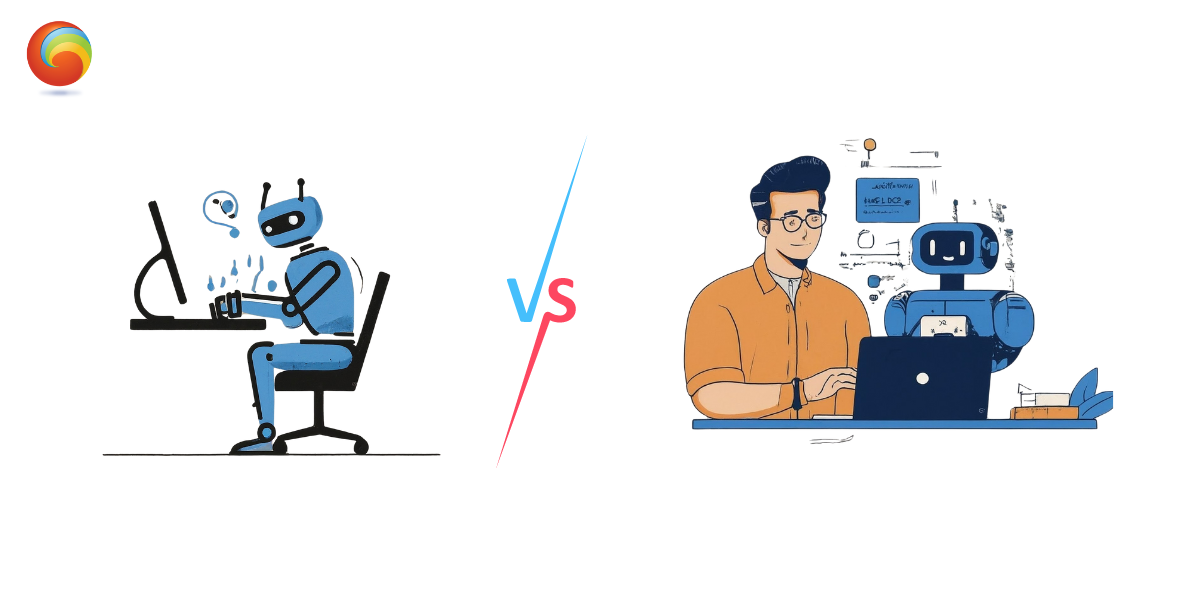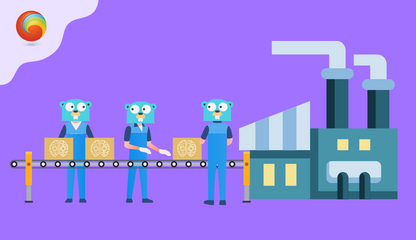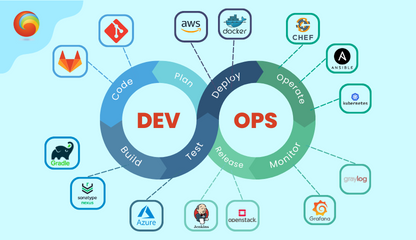How Generative AI is Reshaping the Workforce
Introduction
Generative AI (GenAI) is fundamentally transforming the workforce, redefining the nature of jobs, tasks, and skills. As it continues to evolve, its impact will be felt across various sectors, necessitating a deeper understanding of its implications for work, jobs, tasks, and skills.
Understanding Work, Jobs, Tasks, and Skills
Work is the outcome produced by leveraging human capabilities and tools. Jobs traditionally describe the work humans do to achieve these outcomes. However, GenAI’s ability to automate tasks necessitates a reevaluation of jobs.
Tasks are specific activities performed to achieve work outcomes. GenAI can automate many tasks, freeing up time for more complex activities. It’s crucial to distinguish between tasks that are best performed by humans, those that machines excel at, and those that benefit from human-machine collaboration.
Skills enable the performance of tasks to achieve work outcomes. Both humans and GenAI possess skills, and understanding these skill sets within an organization is essential for shaping the future workforce.
Transforming Jobs and Tasks
GenAI is reshaping jobs by automating routine tasks and augmenting complex ones:
- Task Automation: Routine tasks like data entry, report generation, and basic customer service can be automated, allowing workers to focus on more strategic activities. For example, GenAI tools in customer service can handle up to 80% of standard queries, as predicted by Gartner.
- Task Augmentation: GenAI can enhance human capabilities in tasks that require complex decision-making or creativity. In healthcare, AI can assist doctors by providing diagnostic suggestions based on vast datasets, improving accuracy and efficiency.

The Shift in Skills
As GenAI automates routine tasks, the demand for advanced and adaptive skills increases:
- Upskilling and Reskilling: Continuous learning becomes essential. Employees need to develop skills that complement AI, such as emotional intelligence, critical thinking, and complex problem-solving. LinkedIn Learning reports that 68% of IT professionals prefer personalized learning experiences, which GenAI can facilitate through tailored training programs.
- New Roles: GenAI will create new roles that require advanced technical and strategic skills. For instance, AI specialists, data scientists, and AI ethicists are roles emerging in response to the integration of AI in various sectors.
Practical Applications Across Sectors
Human Resources (HR):
- Recruitment: GenAI automates resume screening and initial candidate interviews, reducing time-to-hire by up to 40%. Gartner reports that 75% of recruiting professionals believe AI will play a crucial role in their strategy by 2025.
- Employee Engagement: AI analyzes employee sentiment through emails and surveys, providing insights to improve workplace morale. IBM found that companies using AI in HR saw a 25% increase in employee satisfaction and a 30% reduction in turnover.
Learning and Development (L&D):
- Personalized Learning: GenAI creates personalized learning paths based on individual performance and career goals, increasing engagement rates by 39%. According to Deloitte, companies using AI for personalized learning see higher employee engagement.
- Onboarding: AI streamlines onboarding, improving new hire retention by 82% and productivity by 70%, as noted by Brandon Hall Group.
IT Industry:
- Automation: GenAI automates code generation, bug fixing, and system maintenance, increasing productivity by up to 20%, according to McKinsey.
- Decision-Making: AI enhances decision-making by providing predictive analytics, crucial in areas like network security. PwC found that 54% of companies using AI improved their decision-making processes.
Broader Impact and Future Predictions
GenAI’s influence extends beyond HR, L&D, and IT:
The rapid growth of GenAI signifies a pivotal shift in the future of work. By 2025, 40% of enterprise applications will likely have embedded conversational AI, a significant increase from less than 5% in 2020. By 2027, nearly 15% of new applications are expected to be autonomously generated by AI, significantly reducing the time humans spend on coding.
Augmentation vs. Replacement
While there is concern about AI replacing jobs, the reality is more nuanced. GenAI is more likely to augment human work rather than replace it entirely. This augmentation highlights that GenAI can upskill rather than displace workers, enabling them to perform tasks more efficiently and effectively. However, it also underscores the importance of developing sound lifelong learning strategies and support systems for employees to maximize productivity and take full advantage of this new era.
Conclusion
Generative AI is undeniably reshaping the workforce by automating routine tasks, enhancing decision-making, and driving innovation. As organizations embrace GenAI, they must focus on developing new skills, ensuring ethical AI implementation, and fostering human-AI collaboration. This approach will unlock new levels of productivity and innovation, making humans better at work and work better for humans. The future of work with GenAI is not just about automation but about creating synergies between human capabilities and AI, leading to a more empowered and efficient workforce.
Frequently Asked Questions
-
How is Generative AI reshaping the nature of jobs and tasks in the workforce?
-
Generative AI, also known as GenAI, is fundamentally transforming the workforce by automating routine tasks and augmenting complex ones. Traditional job roles are being redefined as GenAI automates repetitive tasks like data entry, report generation, and basic customer service. This automation allows workers to focus on more strategic activities, thus reshaping the nature of jobs. Tasks that require complex decision-making or creativity are being augmented by GenAI, enhancing human capabilities. For instance, in healthcare, AI can assist doctors by providing diagnostic suggestions based on vast datasets, improving accuracy and efficiency. Overall, GenAI is redefining jobs by automating routine tasks and augmenting complex ones, leading to a more efficient and productive workforce.
-
-
What are the key skills needed in a workforce influenced by Generative AI?
-
In a workforce influenced by Generative AI, certain key skills become increasingly important. While AI automates routine tasks, the demand for advanced and adaptive skills rises.
Employees need to develop skills that complement AI, such as emotional intelligence, critical thinking, and complex problem-solving.
These skills enable workers to collaborate effectively with AI systems and leverage AI-driven insights to make informed decisions.
Additionally, skills related to AI development, implementation, and ethics become valuable, as organizations integrate AI into various sectors. Overall, a combination of technical, cognitive, and interpersonal skills is essential for success in a workforce influenced by Generative AI.
-
In a workforce influenced by Generative AI, certain key skills become increasingly important. While AI automates routine tasks, the demand for advanced and adaptive skills rises.
-
What practical applications does Generative AI have across different sectors such as HR and L&D?
- Generative AI automates HR tasks like resume screening and employee sentiment analysis, improving efficiency and morale. In L&D, it creates personalized learning paths and streamlines onboarding processes, enhancing skill development and retention.
-
Is Generative AI more likely to augment or replace human work in the workforce?
- Generative AI augments human work by automating routine tasks and enhancing decision-making. While concerns about job replacement exist, it primarily enhances human capabilities rather than replacing them entirely.
-
How can organizations effectively prepare for the integration of Generative AI into the workforce to maximize its benefits?
- Organizations can invest in employee training for collaboration with AI, foster innovation, and establish ethical guidelines for responsible AI use. These steps ensure effective integration and maximize the benefits of Generative AI.



